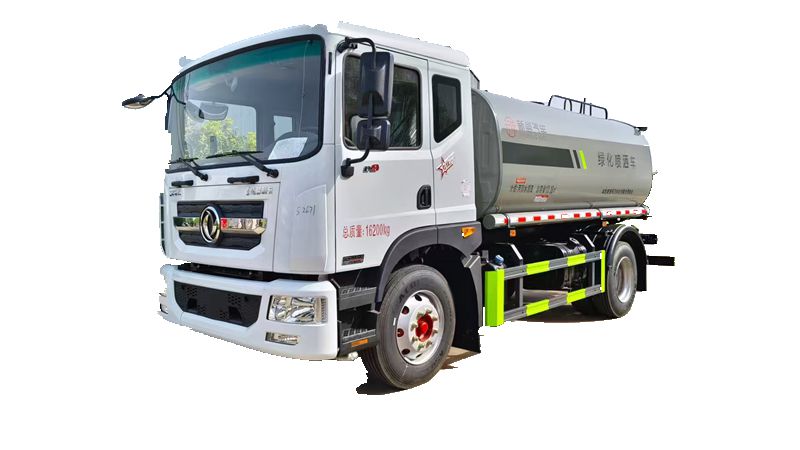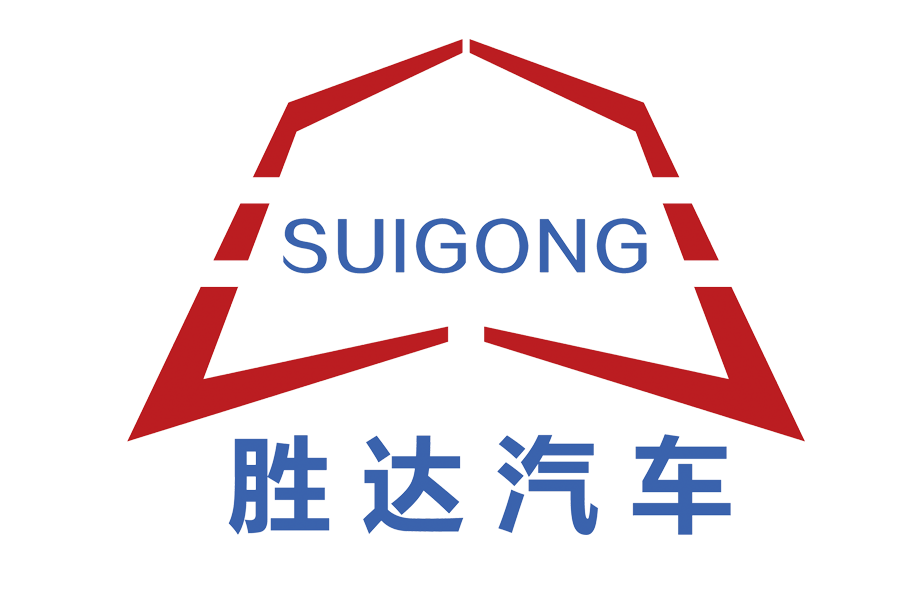Sprinkler Trucks: Innovations and Community Roles in a Changing Urban Landscape
In cities across the globe, sprinkler trucks are breaking free from their traditional image as mere street-cleaning tools, emerging as versatile assets in addressing modern urban challenges. From supporting infrastructure development in fast-growing metropolises to fostering community engagement, these vehicles are adapting in ways that reflect the diverse needs of 21st-century urban life.

Supporting Growth in Emerging Urban Centers
In rapidly expanding cities of Southeast Asia and Africa, sprinkler trucks are playing a pivotal role in enabling construction and development. In Ho Chi Minh City, Vietnam, where new residential and commercial projects are springing up weekly, sprinkler trucks are deployed to dampen construction sites, reducing dust that would otherwise pose health risks to nearby communities. Local authorities report a 45% decrease in respiratory complaints in areas with regular sprinkler operations near construction zones.
In Lagos, Nigeria, sprinkler trucks are also being used to maintain unpaved roads during the dry season, preventing them from turning into impassable dust bowls. “These trucks aren’t just about cleanliness—they’re keeping our city moving,” says a Lagos municipal engineer. “Without them, transportation delays and health issues would slow down our development.”
Tech Synergy: Sprinklers and Urban Data Networks
Beyond AI and GPS, sprinkler trucks are now integrating with broader urban data systems to enhance efficiency. In Seoul, South Korea, a pilot program connects sprinkler trucks to the city’s smart grid, allowing them to charge (for electric models) during off-peak hours when energy costs are lower. The system also uses traffic flow data to reroute trucks in real time, reducing idle time by 20%.
Another innovation comes from Singapore, where some sprinkler trucks are fitted with air quality sensors that feed data directly to the national environmental agency. This two-way communication allows the agency to adjust sprinkler schedules based on pollution spikes, creating a dynamic response system to urban air quality.
Community-Led Sprinkler Initiatives
In a shift toward grassroots involvement, several cities are empowering local communities to manage sprinkler truck operations. In Portland, Oregon, a neighborhood association partnered with the city to create a “Sprinkler Share” program, where residents can request targeted watering for community gardens and tree-lined streets. The program has not only improved green space health but also fostered a sense of ownership among locals.
In Mumbai, India, community volunteers are trained to assist sprinkler truck operators in identifying priority areas—such as schools and senior centers—for dust control. “Residents know their neighborhoods best,” explains a city official. “Their input ensures our sprinklers are used where they matter most.”

